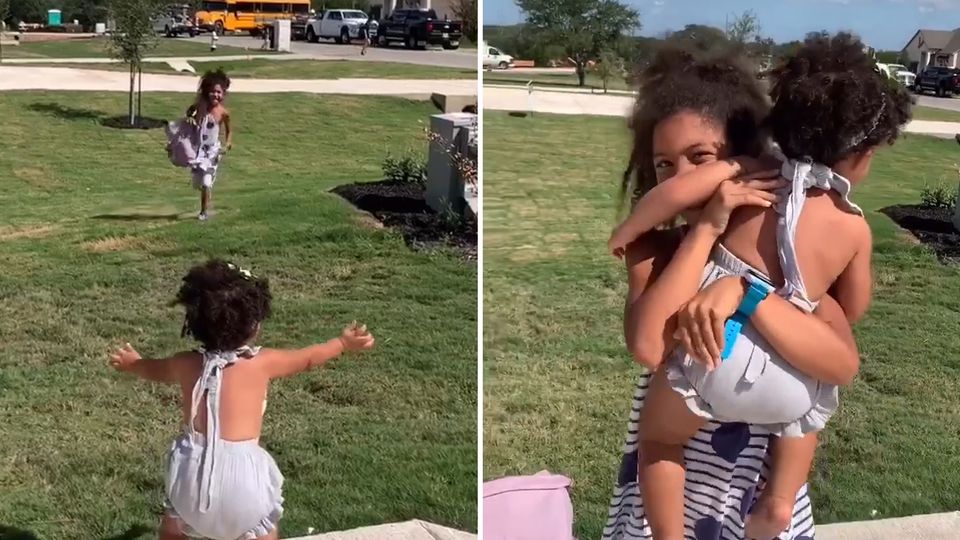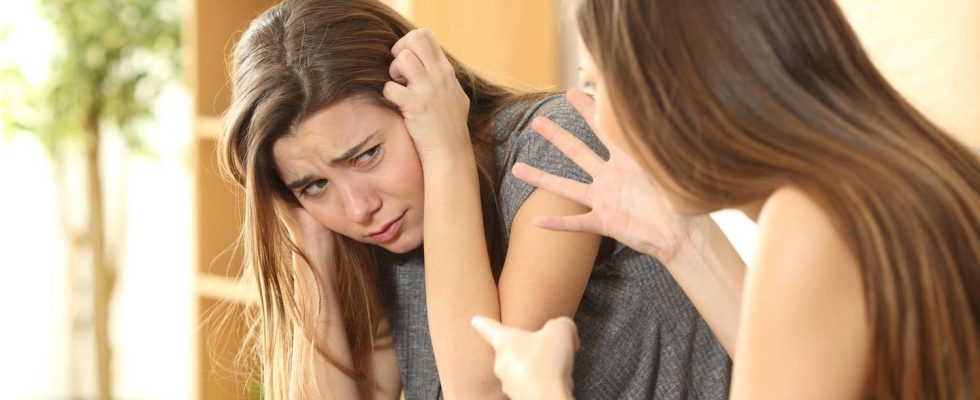sociology
Study: Siblings are more likely to develop psychological problems than only children
Teenagers with two or more siblings are more likely to have mental health problems than their peers with only one or no siblings
© Getty Images / AntonioGuillem
Adolescents with two or more siblings are more likely to suffer from depression, anxiety and other mental health problems than only children. This is the result of a study by Ohio State University.
If you believe the clichés, siblings are said to have a positive effect on development and personal skills. However, a new study from Ohio State University comes to a different conclusion: siblings are said to have a negative impact on mental health. Young people with two siblings would show more depressive symptoms or anxiety than their peers with only one or no siblings.
For their study, the scientists surveyed around 9,400 teenagers from China and 9,100 their peers from the USA. Due to Beijing’s long-standing one-child policy, Chinese teens had fewer siblings on average than U.S. teens, 0.9 compared to 1.6. While 34 percent of the teenagers studied in China were only children, the proportion of US teenagers was only 12.6 percent. The teenagers surveyed were on average 14 years old.
Young people with two siblings fare particularly badly
Both Chinese and U.S. adolescents fared worse with siblings. In China, teenagers had the best mental health if they were only children. In the USA, on the other hand, it hardly mattered whether there were one or two children in a family. However, teenagers with two siblings felt noticeably worse. And the age gap between siblings also played a role: the smaller the age gap, the worse off the young people’s mental health.
10 pictures
The researchers see the results as consistent with the resource hypothesis, according to which siblings compete for their parents’ attention and care. “If you think of parental resources as a pie, that means an only child gets the whole pie,” says study leader Doug Downey, a sociology professor at Ohio State University. “But when you add more siblings, each child gets fewer resources and attention from parents, and that can impact their mental health.” The results of the study, that young people with siblings of a similar age in particular performed worse, support the researcher’s thesis.

Siblings have a more negative impact on mental health than socioeconomic factors
However, these results can also be explained in another way: teenagers in both countries from the most socially well-off families have the best mental health. In China these are young people from one-child families, while in the USA they are those with no or only one sibling. However, Downey emphasizes that the negative effect of siblings goes far beyond this socioeconomic factor.
Sources: Study in “Journal of Family Issues”, “The Guardian”



